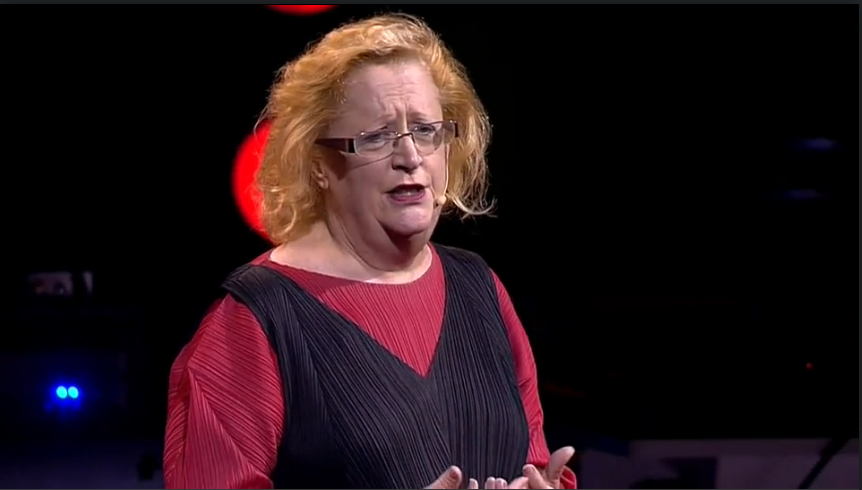It flew in the face of conventional wisdom, which was huge enthusiasm for the cool new technology of that age, which was the X-ray machine.
這對于這一觀念是很大的沖擊,尤其是對于當時的新科技X光機器的巨大熱情。
And it flew in the face of doctors' idea of themselves, which was as people who helped patients, they didn't harm them.
而且對于醫生對自己的看法也是巨大的沖擊,因為他們都是想幫助病人的,而不是想害他們。
Nevertheless, Alice Stewart rushed to publish her preliminary findings in The Lancet in 1956.
不過,Alice Stewart還是很快將她最初的發現在1956年的The Lancet雜志中發表了。
People got very excited, there was talk of the Nobel Prize,
人們都很興奮,有人還提到諾貝爾獎的可能,
and Alice really was in a big hurry to try to study all the cases of childhood cancer she could find before they disappeared.
Alice也很著急,她想去研究她能找到所有的兒童癌癥的資料,在他們消失之前。
In fact, she need not have hurried.
事實上,她并不需要那么急。

It was fully 25 years before the British and medical -- British and American medical establishments abandoned the practice of X-raying pregnant women.
過了整整25年之后,英國和美國醫學界才禁止了給孕婦做X光檢查。
The data was out there, it was open, it was freely available, but nobody wanted to know.
數據都是開放的,很容易獲得,但是沒人想知道這一點。
A child a week was dying, but nothing changed. Openness alone can't drive change.
每周都有一個小孩在垂死掙扎,但就跟啥都沒發生一樣,開放性無法帶來改變。
So for 25 years Alice Stewart had a very big fight on her hands.
25年來Alice Stewart做了很大的斗爭。
So, how did she know that she was right?
那么,她怎么知道她當時是對的?
Well, she had a fantastic model for thinking.
她有一個極佳的思考模型。












